Project Goal
 4,300 women and their families, who live in poverty have significantly improved their livelihoods and, together with a further 1,770 civil society actors, have been strengthened to participate in climate policy discourse with government agencies from the local to the transnational level.
4,300 women and their families, who live in poverty have significantly improved their livelihoods and, together with a further 1,770 civil society actors, have been strengthened to participate in climate policy discourse with government agencies from the local to the transnational level.
 4,300 marginalized families have increased their ability to profitably implement climate-resilient and diversified income-generating activities (IGAs) and to better cope with climate-related shocks, burdens and uncertainties.
4,300 marginalized families have increased their ability to profitably implement climate-resilient and diversified income-generating activities (IGAs) and to better cope with climate-related shocks, burdens and uncertainties.
 Civil society actors, organized in 246 CSOs and 26 student forums, have improved their capacities to hold government institutions from local to national level accountable in a conflict-sensitive democratic dialogue aiming at the delivery of services relevant to addressing the impacts of climate change.
Civil society actors, organized in 246 CSOs and 26 student forums, have improved their capacities to hold government institutions from local to national level accountable in a conflict-sensitive democratic dialogue aiming at the delivery of services relevant to addressing the impacts of climate change.
 The partner NGOs and grassroots CSOs have improved their advocacy and networking skills; an advocacy network on the consequences of climate change is institutionalized and operational from local to transnational level.
The partner NGOs and grassroots CSOs have improved their advocacy and networking skills; an advocacy network on the consequences of climate change is institutionalized and operational from local to transnational level.
 The experiences and perspectives of affected communities at grassroots level with regard to climate change and climate justice are researched, documented and shared with relevant policy makers and the public at local, national and transnational levels.
The experiences and perspectives of affected communities at grassroots level with regard to climate change and climate justice are researched, documented and shared with relevant policy makers and the public at local, national and transnational levels.
Major Activities
 Facilitating training on climate- adaptive agriculture, livestock management and disaster resilience.
Facilitating training on climate- adaptive agriculture, livestock management and disaster resilience.
 Adding technological support and advice to climate-adaptive livelihood efforts.
Adding technological support and advice to climate-adaptive livelihood efforts.
 Developing rapport with different Line departments, Block and Panchayats.
Developing rapport with different Line departments, Block and Panchayats.
 Entertaining community- initiatives.
Entertaining community- initiatives.
 Transferring income- generating assets.
Transferring income- generating assets.
 Identification and grooming disaster-mitigation volunteers.
Identification and grooming disaster-mitigation volunteers.
 Providing special attention to elderly, wizened and severe sick
Providing special attention to elderly, wizened and severe sick
 To act to save human rights.
To act to save human rights.






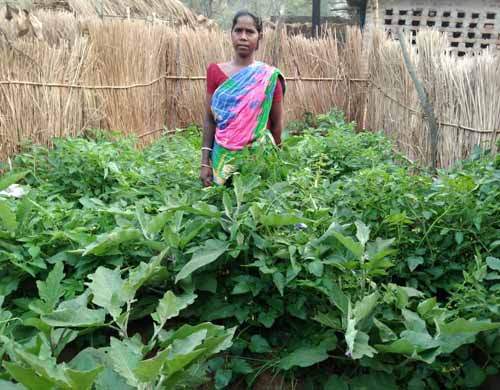
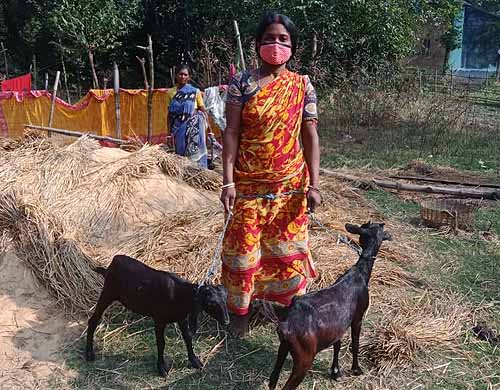
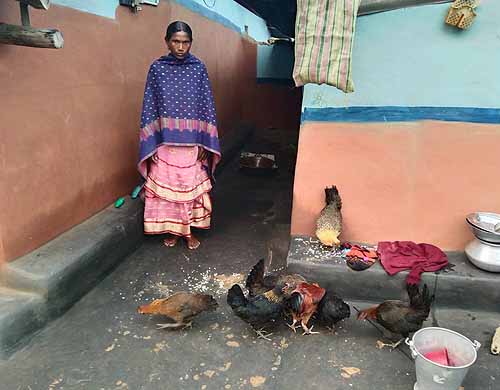
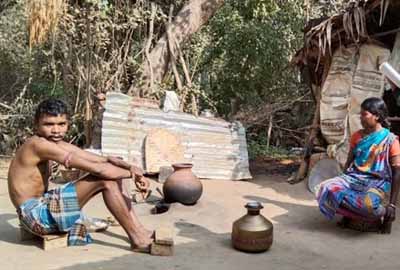 In India Development Research Communication and Services Centre (DRCSC) is implementing the project in 8 Gram Panchayats (Mohammad Bazar, Bhutura, Choricha, Kapista, Parulia, Laxminarayanpur, Gwaliyara and Chinpai) of 2 Blocks (Mohammad Bazar and Dubrajpur) under Birbhum district in West Bengal with 1200 extreme poor households.
In India Development Research Communication and Services Centre (DRCSC) is implementing the project in 8 Gram Panchayats (Mohammad Bazar, Bhutura, Choricha, Kapista, Parulia, Laxminarayanpur, Gwaliyara and Chinpai) of 2 Blocks (Mohammad Bazar and Dubrajpur) under Birbhum district in West Bengal with 1200 extreme poor households. The per day per capita income of the households is less than Rs. 34/- only
The per day per capita income of the households is less than Rs. 34/- only 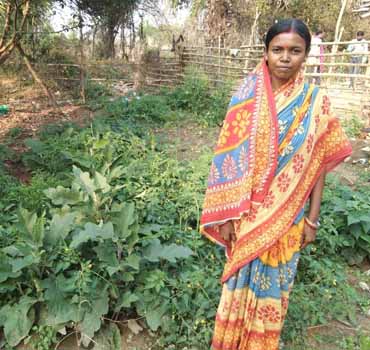
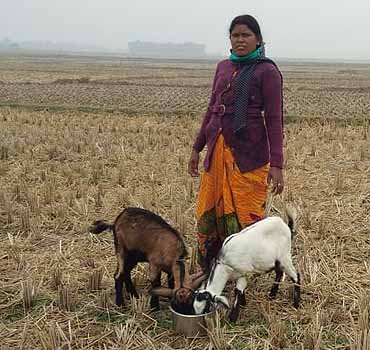
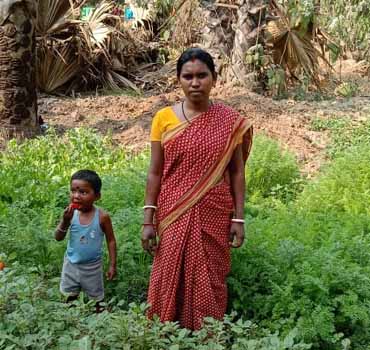
 4,300 women and their families, who live in poverty have significantly improved their livelihoods and, together with a further 1,770 civil society actors, have been strengthened to participate in climate policy discourse with government agencies from the local to the transnational level.
4,300 women and their families, who live in poverty have significantly improved their livelihoods and, together with a further 1,770 civil society actors, have been strengthened to participate in climate policy discourse with government agencies from the local to the transnational level.